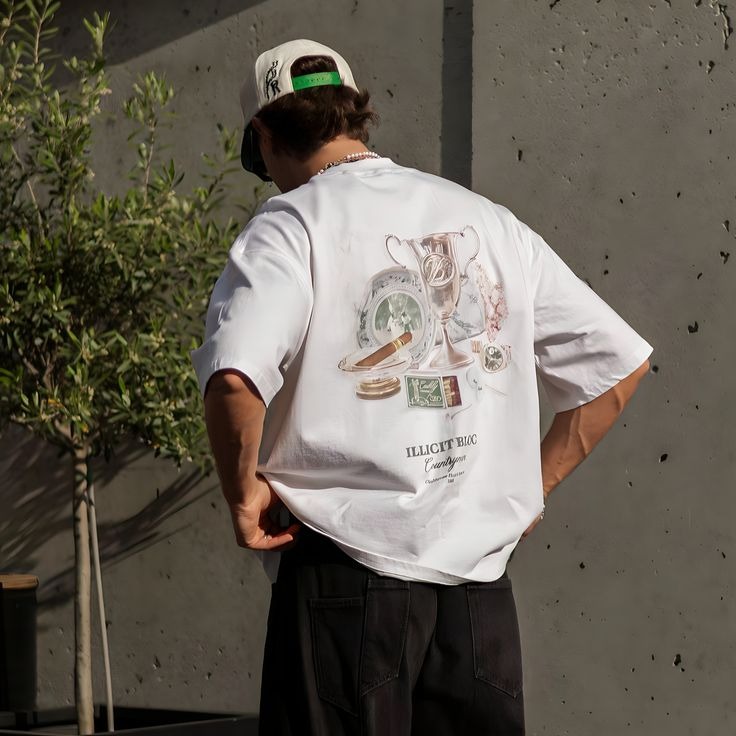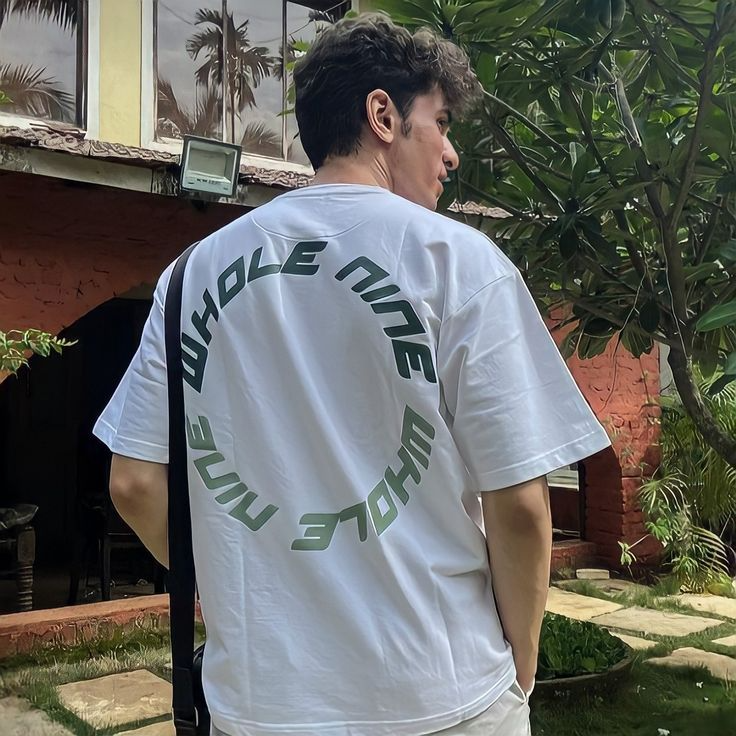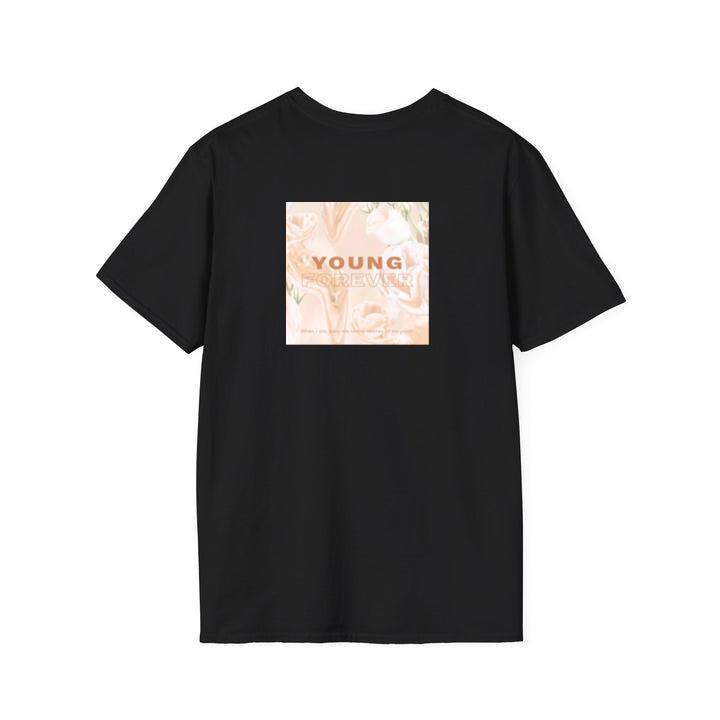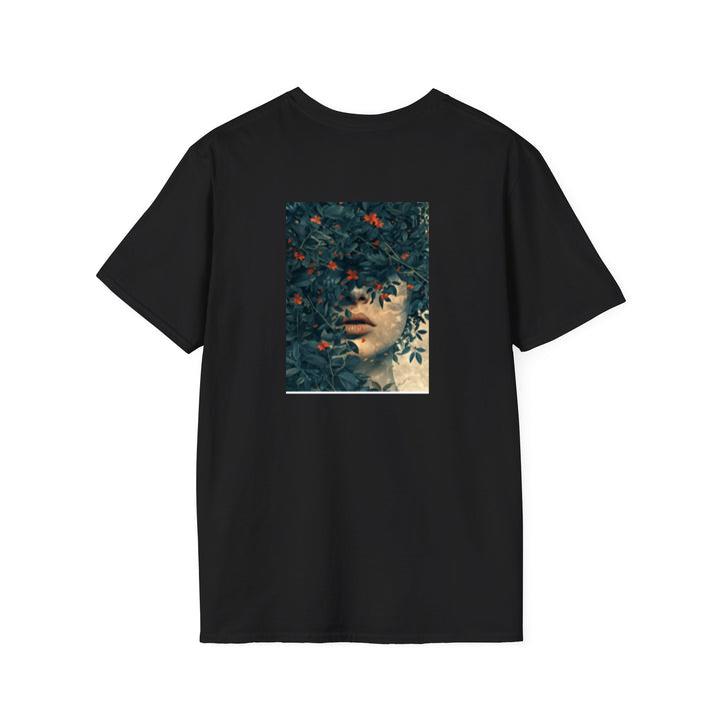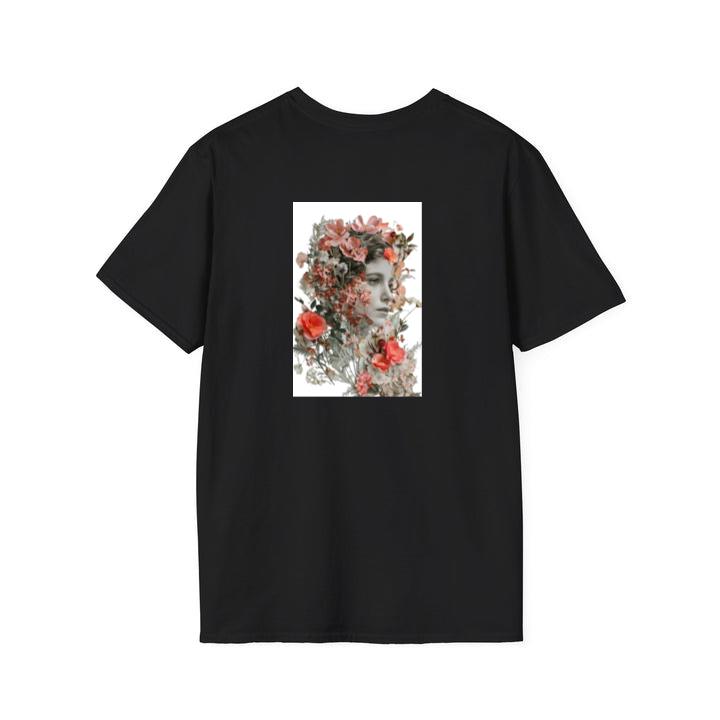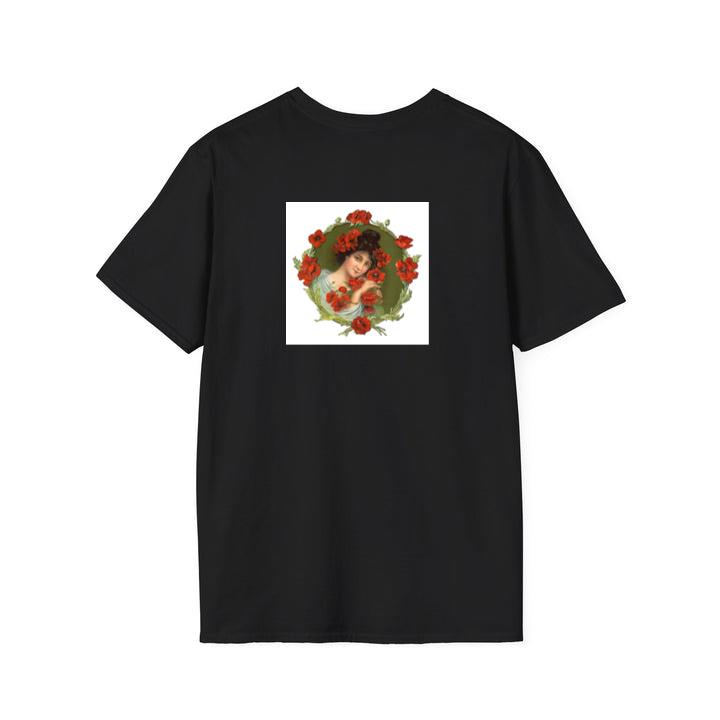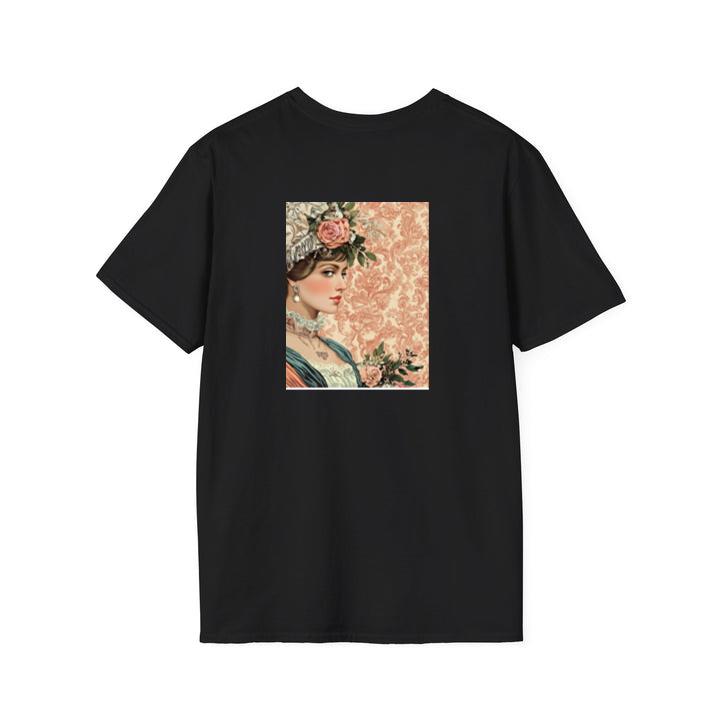The humble t-shirt has come a long way since its inception as a simple undergarment. Today, it is a canvas for self-expression, a staple of casual wear, and a symbol of modern fashion. This article delves into the fascinating history, evolution, and cultural impact of the t-shirt, exploring how it has transformed from a utilitarian garment into an iconic piece of clothing that transcends age, gender, and socioeconomic boundaries.
Origins and Early History
The t-shirt’s origins can be traced back to the late 19th and early 20th centuries. Originally designed as an undershirt for laborers, it was valued for its simplicity, comfort, and ease of production. Made from cotton, the t-shirt was inexpensive, lightweight, and breathable—ideal qualities for workers in various industries. Its design was minimal, featuring short sleeves, a round neckline, and no collar, making it a practical choice for daily wear.
During World War II, the t-shirt found a new role in the military. Soldiers wore them as a comfortable, moisture-wicking underlayer beneath their uniforms. The garment’s practicality and functionality earned it a place in the wardrobes of many, setting the stage for its post-war rise to prominence in civilian life.
The T-Shirt as a Symbol of Rebellion and Self-Expression
In the 1950s and 1960s, the t-shirt underwent a dramatic transformation. It emerged as a symbol of rebellion and counterculture, popularized by movie stars and cultural icons. Marlon Brando’s role in “A Streetcar Named Desire” and James Dean’s iconic portrayal in “Rebel Without a Cause” showcased the t-shirt as an emblem of youth defiance and nonconformity. The plain, unadorned design provided a blank slate—a platform for personal expression and identity.
As rock ‘n’ roll music exploded onto the scene, so too did the t-shirt’s status as a cultural artifact. Band logos, album covers, and political slogans began to adorn t-shirts, turning them into walking billboards for the ideas and causes that resonated with a generation. This trend continued to evolve, with graphic tees becoming a powerful medium for sharing personal beliefs, humor, and art.
The Evolution of Design and Fabric Technology
The evolution of the t-shirt is not just a story of cultural shifts—it’s also a tale of technological innovation. Advances in fabric production and dyeing techniques have significantly enhanced the quality, comfort, and durability of t-shirts. The development of ring-spun cotton, for example, resulted in softer, stronger fabric that improved the overall feel of the garment.
Moreover, innovations such as pre-shrunk cotton and eco-friendly dyes have addressed consumer demands for long-lasting, sustainable clothing. Modern t-shirts often incorporate blended fabrics like cotton-polyester, which offer improved resistance to wrinkles and shrinkage while maintaining a comfortable, breathable feel.
Design-wise, t-shirts have seen an explosion of creativity. The once-basic canvas now serves as a platform for bold graphics, intricate prints, and experimental styles. Designers play with different cuts, from the classic crew neck to v-necks and even asymmetrical designs, catering to diverse tastes and body types. Additionally, the rise of streetwear has brought about a fusion of high fashion and casual comfort, with t-shirts playing a pivotal role in this trend.
The Cultural Impact of the T-Shirt
T-shirts have become an essential part of modern culture, transcending their origins as basic undergarments. They serve as a medium through which people express their identities, beliefs, and affiliations. From political statements to pop culture references, t-shirts have the power to communicate complex ideas in a simple, accessible way.
Political and Social Movements
Throughout history, t-shirts have been used as a tool for political expression and social commentary. During the civil rights movement in the United States, for instance, t-shirts emblazoned with slogans like “Equality for All” or images of influential leaders helped spread messages of hope and resistance. Similarly, in more recent years, t-shirts have been used to support various social causes, from environmental activism to gender equality. The accessibility of t-shirts means that they can be produced quickly and in large quantities, making them an ideal medium for protest and advocacy.
Pop Culture and Celebrity Endorsement
Pop culture has also played a significant role in cementing the t-shirt’s place in the fashion world. Celebrities and musicians have turned t-shirts into signature items, influencing trends and inspiring fans worldwide. Limited edition t-shirts, often tied to movie premieres, music tours, or exclusive collaborations, create a sense of urgency and collectability that drives consumer interest. These garments are not just clothing—they are artifacts that capture the spirit of the times and the essence of the cultural moment.
The Economics and Sustainability of T-Shirt Production
The t-shirt industry is a major player in the global fashion economy. Its relatively low production cost, coupled with high demand, makes it a profitable venture for manufacturers and retailers alike. However, this economic success has also raised concerns about sustainability and ethical production practices.
Fast Fashion and Environmental Impact
The rise of fast fashion has led to the mass production of t-shirts, often at the expense of environmental sustainability. The production process involves significant water usage, chemical dyes, and energy consumption, contributing to pollution and waste. In response to these challenges, many brands are now exploring more sustainable practices, such as using organic cotton, recycled materials, and eco-friendly production methods.
Consumers are becoming increasingly aware of the environmental footprint of their clothing choices. This shift in awareness has prompted brands to innovate and adopt greener practices, ensuring that the t-shirt remains a responsible and sustainable part of the fashion landscape. Ethical fashion initiatives and transparency in supply chains are gaining traction, as both consumers and manufacturers recognize the importance of protecting the planet.
The Rise of Customization and On-Demand Production
Another significant trend in the t-shirt industry is the move towards customization and on-demand production. Advances in digital printing technology have made it easier and more cost-effective for brands to produce t-shirts in small batches or even as one-offs. This not only allows for greater creative freedom but also minimizes waste by reducing the need for large inventories.
Customization has opened up a new realm of possibilities for personal expression. Consumers can now design their own t-shirts or choose from a variety of options that reflect their individual style. This trend not only caters to niche markets but also supports a more sustainable model of production by aligning supply with actual demand.
T-Shirts in the Era of Digital Culture
In today’s digital age, t-shirts have found a new home in online communities and social media platforms. Viral trends and memes often translate into t-shirt designs, making the garment a living reflection of digital culture. Social media influencers and online celebrities frequently launch their own t-shirt lines, merging digital fame with tangible fashion products.
E-commerce has further revolutionized the way t-shirts are marketed and sold. With the click of a button, consumers can access a vast array of designs from around the world. Online platforms not only offer convenience but also provide a space for niche brands to thrive, catering to specific interests and subcultures that might otherwise be overlooked in mainstream retail.
The Global Appeal of the T-Shirt
One of the most remarkable aspects of the t-shirt is its universal appeal. Regardless of age, gender, or cultural background, the t-shirt is a garment that speaks a universal language. Its simplicity, versatility, and comfort have made it a favorite across continents, from the bustling streets of New York City to the vibrant markets of Southeast Asia.
In many parts of the world, t-shirts have evolved to reflect local traditions and cultural nuances. For example, in Japan, t-shirts often feature intricate designs and collaborations with anime or pop culture icons, blending global trends with local aesthetics. In Africa, vibrant prints and bold colors transform the t-shirt into a statement of cultural pride and heritage. This global exchange of ideas has enriched the t-shirt, turning it into a dynamic symbol of cross-cultural communication.
The Future of the T-Shirt
As we look to the future, the t-shirt is poised to continue its evolution in exciting new directions. Technological advancements, such as smart fabrics and wearable tech, promise to bring additional functionality to this timeless garment. Imagine a t-shirt that can monitor your heart rate, adjust its temperature according to the weather, or even change color based on your mood. While these innovations may still be on the horizon, they represent the endless potential of the t-shirt as both a fashion item and a technological canvas.
The future will also likely see further integration of sustainable practices in t-shirt production. As consumers demand greater accountability from brands, companies will need to innovate in order to reduce their environmental impact. Whether through the adoption of biodegradable materials, the implementation of water-saving production techniques, or the expansion of recycling programs, the industry is moving toward a more responsible and ethical future.
Personal Expression and the T-Shirt
At its core, the t-shirt remains a powerful tool for personal expression. It is a garment that allows individuals to showcase their identity, beliefs, and passions without uttering a single word. Whether adorned with a favorite band’s logo, a thought-provoking message, or a piece of original art, the t-shirt is a medium through which people communicate who they are.
The beauty of the t-shirt lies in its simplicity. It does not require elaborate styling or high fashion accessories to make a statement. Instead, it invites creativity and innovation, encouraging wearers to experiment with layering, accessorizing, and even DIY customization. In this way, the t-shirt becomes more than just a piece of clothing—it becomes an extension of the wearer’s personality and a canvas for their creativity.
The Role of the T-Shirt in Modern Fashion
Modern fashion is characterized by a blend of practicality and creativity, and the t-shirt embodies this balance perfectly. It serves as a foundational piece in many wardrobes, effortlessly transitioning from casual daywear to a statement piece for special occasions. Designers continue to explore new silhouettes, prints, and materials, ensuring that the t-shirt remains relevant in an ever-changing fashion landscape.
In high fashion circles, the t-shirt has been embraced as a symbol of casual luxury. Renowned designers have reimagined the classic t-shirt, elevating it with premium fabrics, intricate embellishments, and innovative cuts. This crossover from streetwear to high fashion highlights the t-shirt’s versatility and its ability to adapt to various style sensibilities.
Conclusion
The t-shirt is far more than just a basic piece of clothing—it is a cultural phenomenon that has evolved alongside society. From its origins as a simple undergarment to its current status as a symbol of self-expression and modern style, the t-shirt has consistently proven its adaptability and enduring appeal. As technological innovations and sustainable practices continue to shape the future of fashion, the t-shirt remains a canvas for creativity, a tool for personal expression, and a timeless icon in the world of apparel.
In every era, the t-shirt has managed to capture the essence of its time—whether through bold political statements, artistic designs, or the embrace of digital culture. Its universal appeal lies in its ability to be both simple and profound, casual yet deeply personal. As we look ahead, the t-shirt is set to continue its journey, evolving with the times while remaining a steadfast symbol of comfort, creativity, and individuality.
From the factory floor to the runways of high fashion, the t-shirt’s journey is a testament to the power of simplicity and the endless possibilities of design. Its evolution reflects broader social and cultural shifts, mirroring our collective desire for self-expression and innovation. Whether you wear a t-shirt as a statement piece, a canvas for art, or a comfortable everyday essential, you are part of a rich history that continues to unfold with every new design and every new generation.
In a world where trends come and go, the t-shirt remains a constant—a reliable and versatile garment that adapts to the ever-changing landscape of fashion. It is a reminder that sometimes, the simplest things can be the most impactful. As we celebrate the past, present, and future of the t-shirt, we recognize that its true beauty lies not just in its fabric or design, but in the stories it tells and the lives it touches.
Ultimately, the t-shirt stands as a beacon of creativity and individuality. It reminds us that fashion is not merely about the clothes we wear, but about the narratives we create and the identities we forge. Whether you are a fashion enthusiast, a designer, or someone who simply loves the comfort of a well-made t-shirt, this garment offers something for everyone—a timeless piece that continues to inspire and evolve with each passing day.

